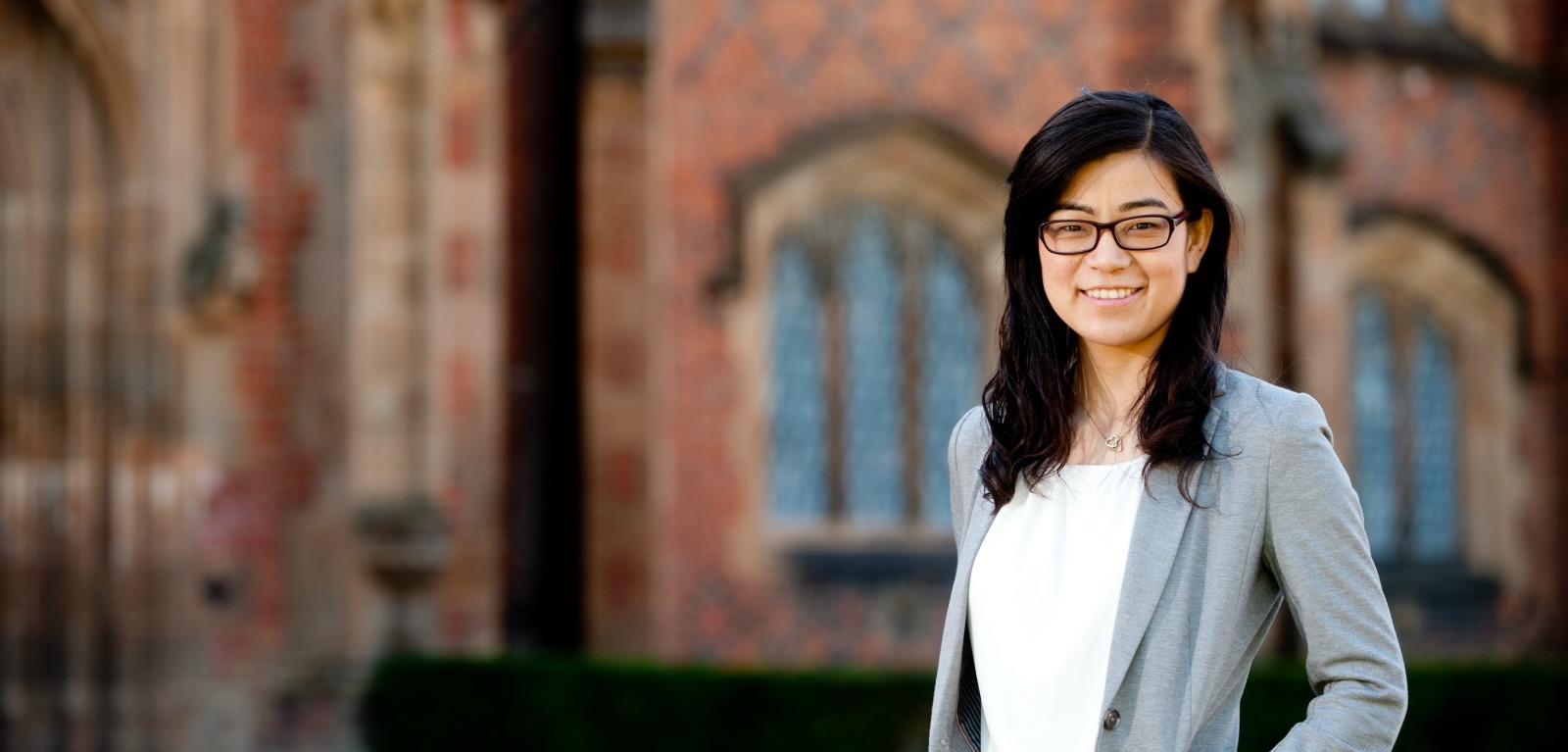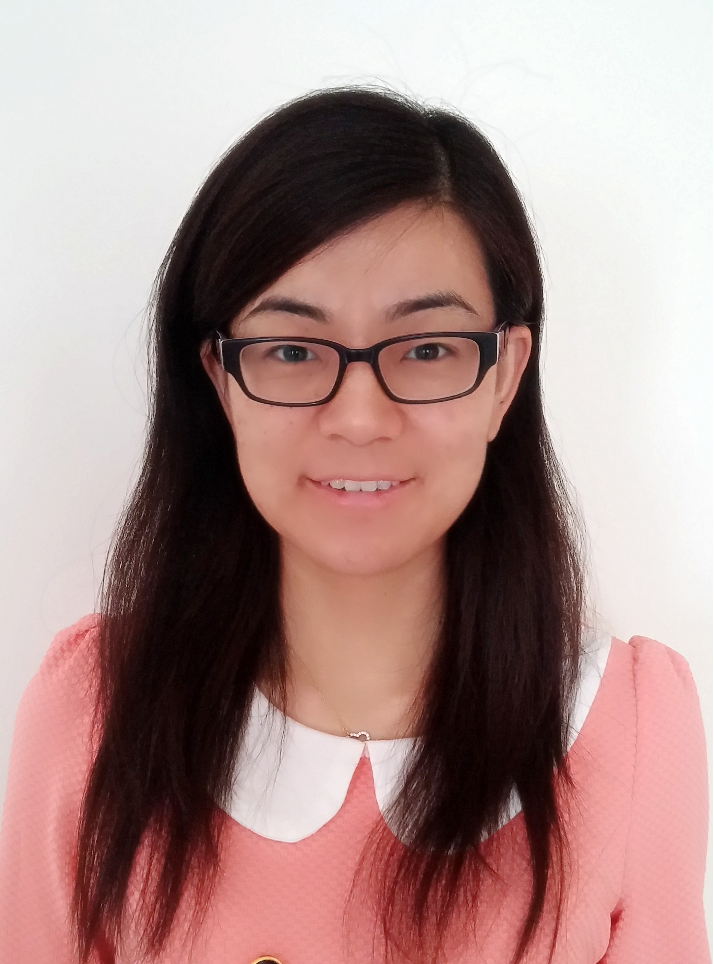TURNING WASTE INTO ENERGY TO FUEL THE FUTURE

Dr Xiaolei Zhang describes her journey to Queen’s as ‘not that straightforward.’
It began in Beijing
She earned her Bachelors degree from the North China Electric Power University. But the next stop was Stockholm. She says, ‘A lot of Chinese students have dreams. They want to see abroad, to experience the world. I’m one of them.’
As a PhD student at KTH Royal Institute of Technology, she says that ‘along with my move from Beijing to Stockholm, my research focus moved from fossil fuel-based power generation to sustainable energy because I knew that was the future trend.’
After being awarded her PhD in 2013, she moved again, this time to Canada, working for 18 months as a postdoctoral fellow at the University of Alberta. Next stop – Belfast and Queen’s where in 2015 she became a lecturer in the area of clean energy in the School of Mechanical and Aerospace Engineering.
‘My work focuses specifically on biomass and bioenergy. It’s an important part of sustainable energy. I’m using thermochemical conversion technologies, with advanced skills either theoretically based or experimentally based. The goal is to convert agriculture or forest waste or waste from our daily lives into valuable products, such as gases, liquids, solid renewable fuels or chemicals.’
Through this activity she is making a major contribution to the work of the Sustainable Energy Research Centre, a new Pioneer Research Programme at Queen’s. She is also making connections with industry in Northern Ireland and the Republic.
One company with which she has been involved is Premier Green Energy, a conversion company based in Tipperary. They are working on a technology called pyrolysis – decomposition brought about by high temperatures.
There is also a collaboration with Fleming Metal Recycling, a company in Newry. ‘During their recycling process a lot of waste heat is generated. There are also waste tyres which they have to pay to get rid of so we’re trying to develop an integrated system to utilise them and produce valuable liquid fuel.’
She is using process modelling techniques in the work with the Newry company. She frequently uses other modelling skills in her research, including mechanism investigation based on quantum mechanics.
‘Quantum mechanics modelling skills are used very widely in materials science and in the medical field but not in the field of sustainable energy. One bene t is that you can solve problems that can’t be solved by experimental or conventional modelling techniques.’
In the Pioneer Research Programme there are 36 academics from different schools.
Xiaolei says, ‘The academics from Chemistry and Chemical Engineering, for example, are more interested in the chemistry side while those from Physics are more focused on computational calculations. My colleague Dr Beatrice Smyth and I are working on bioenergy conversion and from our School we also have academics working on internal combustion engines. We’re all working on sustainable energy but from different angles.
‘This is an important project from every possible aspect – social, economic, environmental. It affects every part of our daily lives.’
Her research knowledge is also helping to make an impact back home in China. With Dr Smyth and Dr Aoife Foley, she worked on designing the sessions at a workshop in 2016, organised by Queen’s and the Beijing Institute of Technology, looking at the future of energy and sustainable transport in an urban setting. The project was led by Professor David Rooney, who directs the Sustainable Energy Research Centre.
She says, ‘This is a great starter point for future collaboration. Pollution is a very severe problem in Beijing. We’re trying to bring academics from the UK. They have the knowledge and the technical skills and in China there are talented students and academics, as well as high quality experimental resources.
‘It’s about a combination of strengths coming together to do something really innovative – and that’s what will also make our Pioneer Research Programme a success.’
 Dr Xiaolei Zhang
Dr Xiaolei Zhang